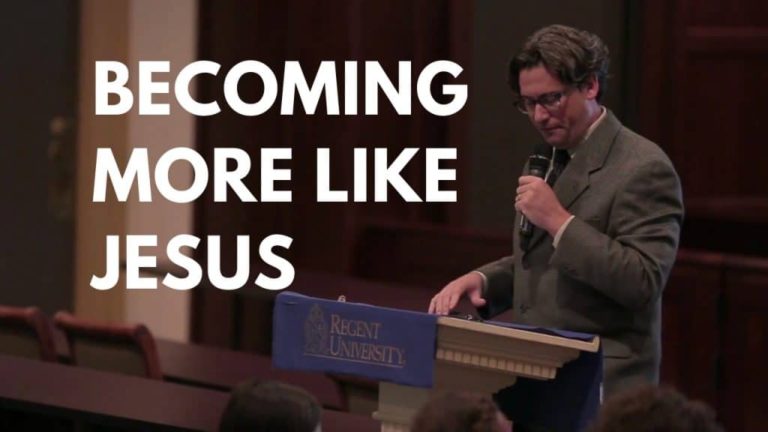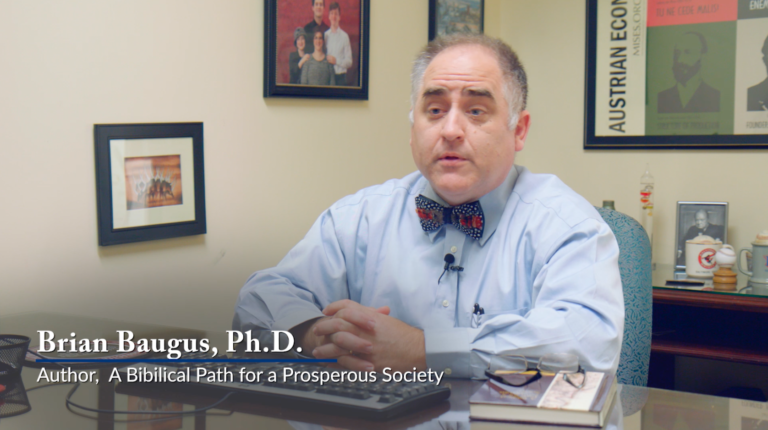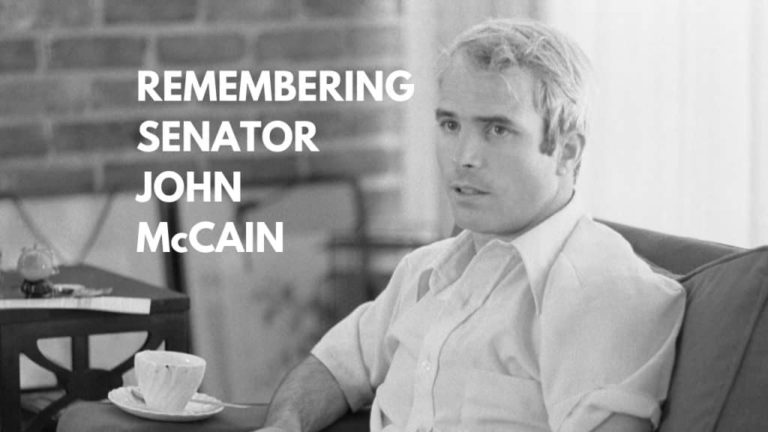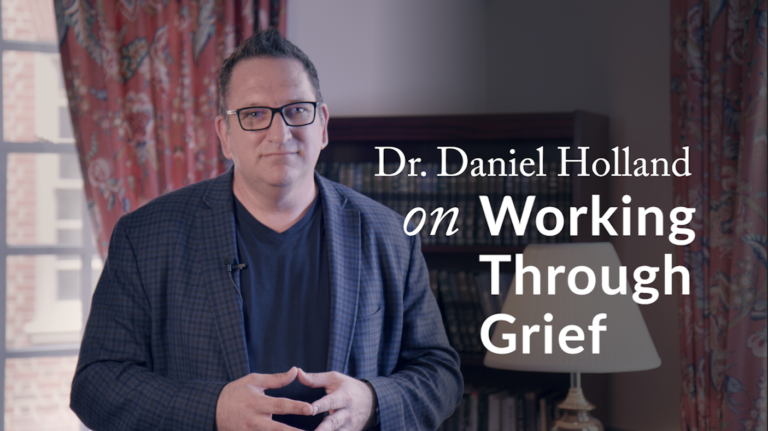Honest Abe and Media Bias
“Things will go on very much as they have hitherto.” So wrote the New York Times’ in its endorsement of Abraham Lincoln for president in 1860.
Oh, how wrong they were. His was a presidency of brutal civil conflict, culminating in the liberation of a race and a new recognition that the union was indivisible.
Today, the division of the union might not be actual but is, without question, political, social, cultural, and moral. Yet, one thing hasn’t changed since 1860: the hunger of candidates for the endorsement of major news outlets.
The refusal of Washington Post owner Jeff Bezos to let his editorial staff endorse Kamala Harris, coming at the same time as Los Angeles Times’ owner Patrick Soon-Shiong’s similar decision, sent shock waves through the media world. Some reports claim that the Post has lost as many as 250,000 subscribers and several editors have resigned. The much smaller circulation Times has seen fewer cancellations but the same measure of criticism from numerous journalists, including some of its own.
Both Bezos and Soon-Shiong insist their decisions were grounded in a desire for their papers to develop a less partisan stance. “Presidential endorsements do nothing to tip the scales of an election,” wrote Bezos in an open letter explaining his decision. “What presidential endorsements actually do is create a perception of bias.”
While the timing of the owners’ decisions invites skepticism – especially given that Bezos’ company Blue Origin seeks profitable federal contracts – in substance, they were right. Newspaper endorsements are the stuff of journalistic arrogance, the self-relegated sense of wisdom that reporters and their editors assume based on their supposed better grasp of ideas and issues than their readers.
This arrogance is abetted, of course, by the philosophical bias of all but a handful of editorial writers. In a 2022 survey of 1,600 journalists, Syracuse University’s Newhouse School of Public Communications found that only 3.4 percent of those responding said they were Republicans, while more than one-third described themselves as Democrats. And the left-leaning bias of the news media transcends partisan allegiance. It’s a matter of worldview. As former “60 Minutes” journalist Lara Logan has written, “Reporting has become so one sided. As we try to figure out why people have lost faith in our profession, let’s start by being honest about who we are.”
Uri Berliner, an admitted left-liberal, resigned from his senior post at National Public Radio a few months ago because of his frustration with the “voice of truth” pose of his colleagues. “What’s notable” about NPR, Berliner wrote, “is the extent to which people at every level of NPR have comfortably coalesced around the progressive (hard left) worldview.” In a bombshell op-ed, Berliner documented how everything from NPR’s coverage of the origins of COVID-19 to the revelations found on Hunter Biden’s laptop was grounded in what he called “the absence of viewpoint diversity.” In other words, in the NPR newsroom, one could go blind before he found an identifiable conservative.
It is natural for people of like-mind to gather together. This is what Christians do regularly. At Regent, it’s my joy and privilege to partner with brothers and sisters in Christ to help shape young believers who will, we pray, bring the grace and truth of the Lord Jesus to whatever vocation to which they are called.
However, we also work to ensure that we discuss other worldviews, from ancient times to the present, and seek to consider them fairly and seriously. Our teaching is infused with our commitment to the lordship of Jesus Christ. Yet, our goal is to educate and persuade, not indoctrinate and manipulate.
Having served in political and corporate communications for many years prior to coming to Regent, I well understand the desire to make a convincing argument grounded in fact, as well as conviction. But today’s major media have gone well beyond this. By not even giving space to conservative views or marginalizing non-liberal voices to being mere tokens in their broader coverage, they demonstrate a willingness to suspend fairness and thoroughness for the sake of an ideological agenda. The near complete absence of pro-life advocates in “legacy media” coverage of abortion, for example, is bias by omission.
There is another dimension to all of this, as well. It is human nature to be unaware of one’s own biases. Some of the prejudice shown by the news media is based in ignorance more than intentional hostility. This is another reason for broadening perspectives in both the news and editorial sections of the media: Acquainting people with views different than their own cannot help (in many cases, at least) but temper and perhaps even change them.
Instead of holding liberal media in contempt, Christians should pray for them and, as appropriate, encourage them to consider an alternative point of view. Writing or calling a reporter and graciously interacting with him or her about apparent bias encourages not only fairer journalism but also disabuses many in the media of their stereotypes of Christ-followers as hateful, bigoted, etc.
Jeff Bezos has said he wants more conservatives writing for his paper’s opinion pages. This is a welcome sign that at least some senior people in the American media are aware of the divide between themselves and many of their potential customers. That’s not just good business – it’s good journalism. And who knows, if Abraham Lincoln’s presidency could surprise the New York Times, maybe today’s conservatives can reinvigorate America’s news rooms.






